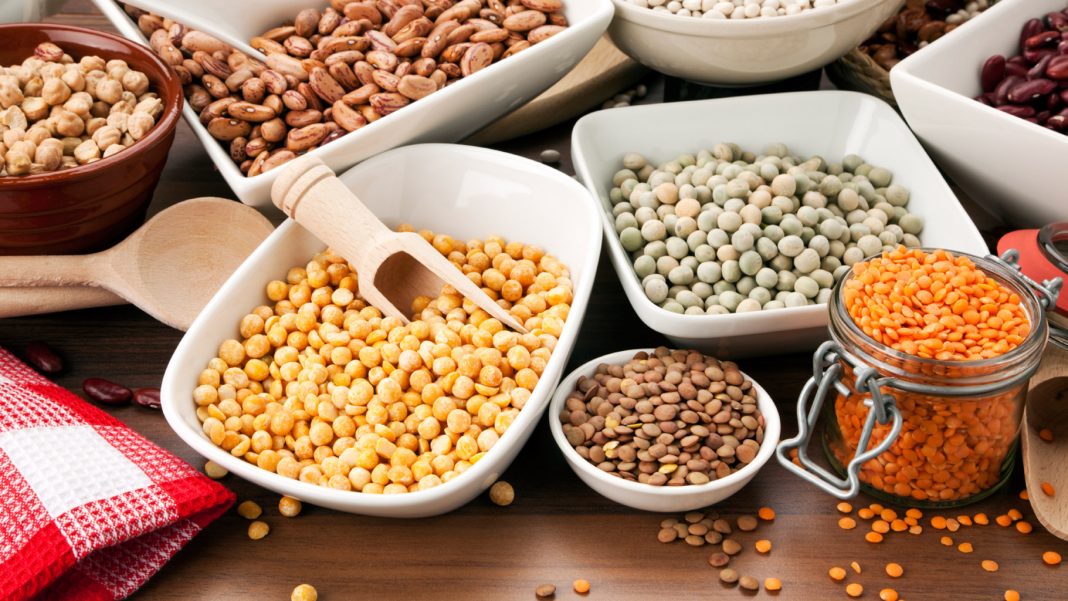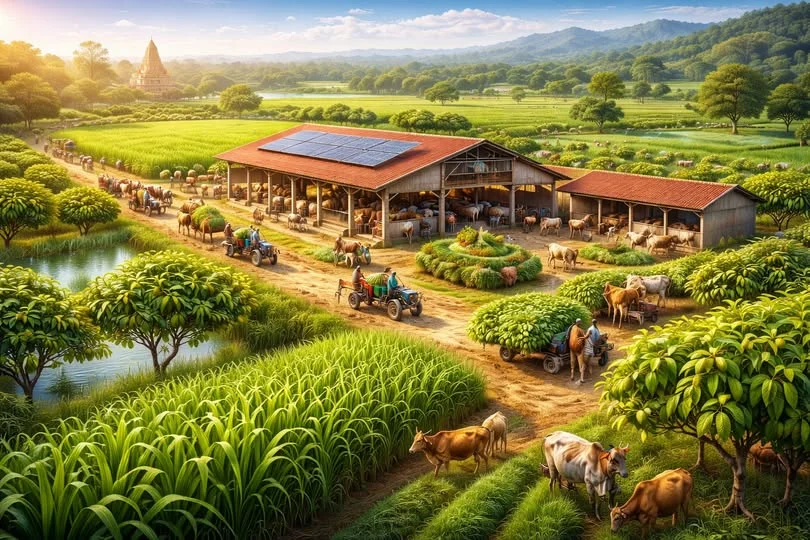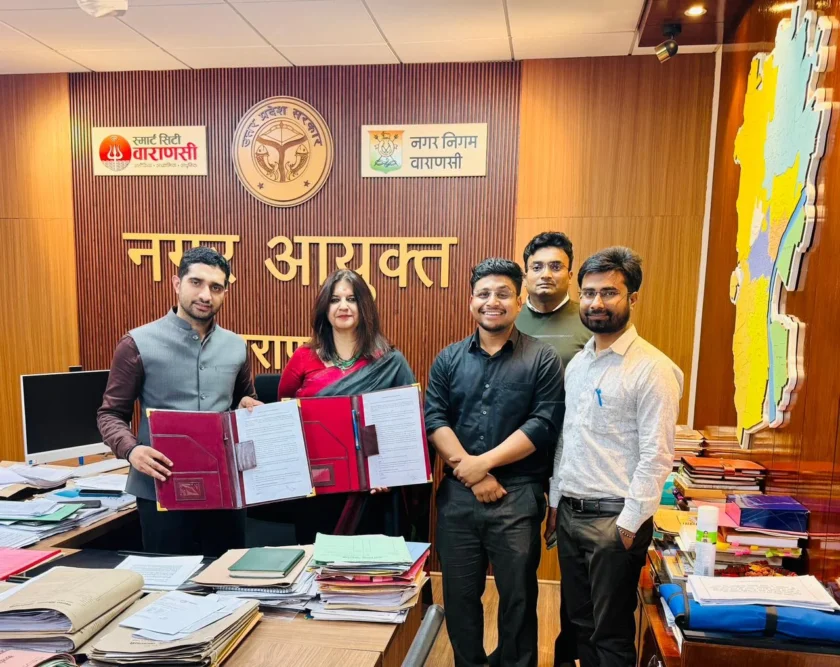Lucknow — With pulses and cooking oils forming an essential part of every Indian kitchen, the Yogi Adityanath-led Uttar Pradesh government has shifted its focus toward increasing the cultivation and production of pulses (dalhan) and oilseeds (tilhan) to prevent price shocks and ensure food security for the state’s massive population.
Recognizing the price sensitivity of pulses and edible oils, especially in a state with the country’s highest population, the government is implementing aggressive measures to address supply gaps. Despite being a major consumer, India’s production of pulses and oilseeds often falls short of demand, leading to dependency on imports and vulnerability to global price fluctuations.
Free Mini-Kits Under “Viksit Krishi Sankalp Abhiyan”
To bridge this production-demand gap, the Yogi government, under the “Viksit Krishi Sankalp Abhiyan”, is distributing 4.58 lakh free mini-kits to farmers across Uttar Pradesh. These kits include:
-
1,05,000 kits of pulses such as urad, moong, and arhar
-
1,00,000 kits of sesame (til)
-
6,000 kits of groundnut (moongfali)
The campaign aims to familiarize farmers with improved cultivation methods for pulses and oilseeds and boost yield through the use of high-quality seeds.
Doubling Down on Support Prices
The government is also ensuring that farmers are incentivized with better returns. In line with this, the Minimum Support Price (MSP) for several kharif crops has seen substantial hikes over the past decade. For instance:
| Crop | MSP (₹/quintal) | % Increase Over a Decade |
|---|---|---|
| Arhar (Tur) | ₹8,000 | 86% |
| Moong | ₹8,768 | 95% |
| Urad | ₹7,800 | 81% |
| Groundnut | ₹7,263 | 82% |
| Sunflower | ₹7,721 | 109% |
| Soybean | ₹5,328 | 108% |
| Sesame | ₹9,846 | 119% |
| Niger Seed | ₹9,537 | 172% |
These steady increases aim to align production with market needs while ensuring that farmers receive fair compensation.

Targeted Schemes and Impressive Gains
The Yogi government is also running the Pulses Mission, Dalhan Gram Yojana, and has included pulses as part of its flagship One District, One Product (ODOP) scheme. These initiatives not only promote crop diversification but also ensure regional economic development.
Thanks to these interventions, the state has witnessed remarkable growth in oilseed production. According to government data:
-
In 2016–17, total oilseed output was 12.40 lakh metric tonnes
-
By 2023–24, it surged to 20.31 lakh metric tonnes
-
This marks a 128% increase in just eight years
Similar growth is being recorded in pulse cultivation as well, with a particular focus on the Bundelkhand and Purvanchal regions. Support from the World Bank-backed UP Agri-Jeevika (UP AgriG) initiative is further expanding the area under cultivation and driving productivity gains.
The Road Ahead
Through a combination of free inputs, price assurance, and scientific support, the Yogi government is laying the groundwork for a more self-reliant Uttar Pradesh in the pulse and oilseed sectors. By ensuring the availability of dal and oil at stable prices, these efforts are not just safeguarding kitchens but also enhancing farmer incomes — a double win in the state’s journey toward agricultural self-sufficiency.










